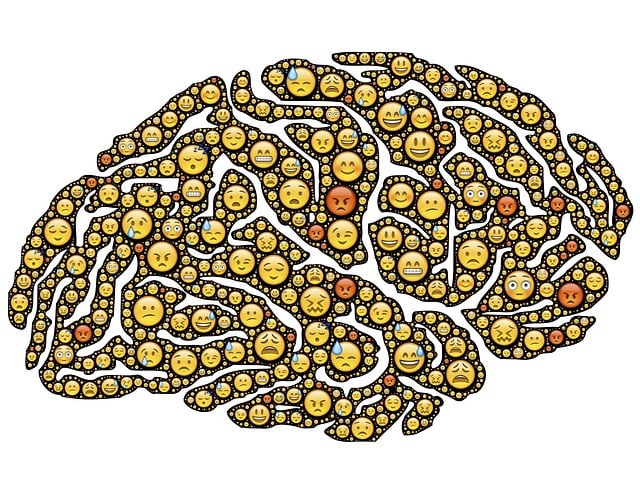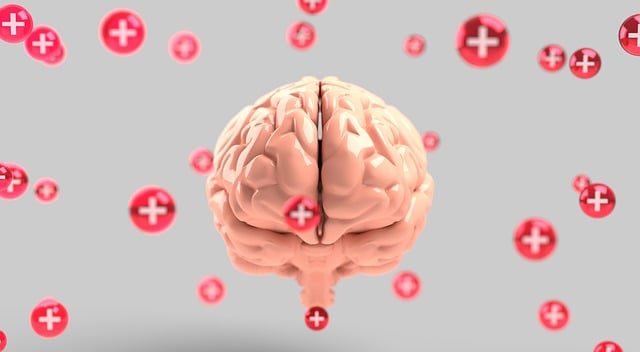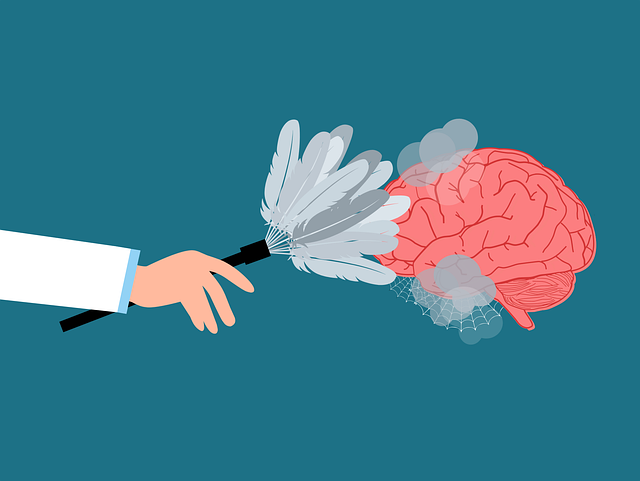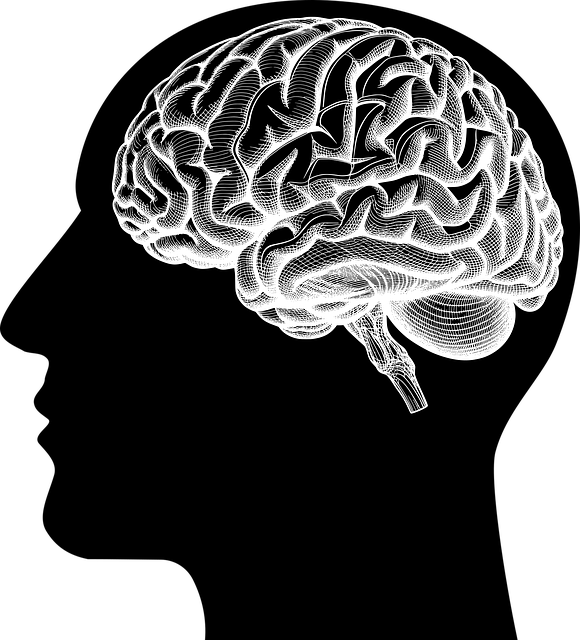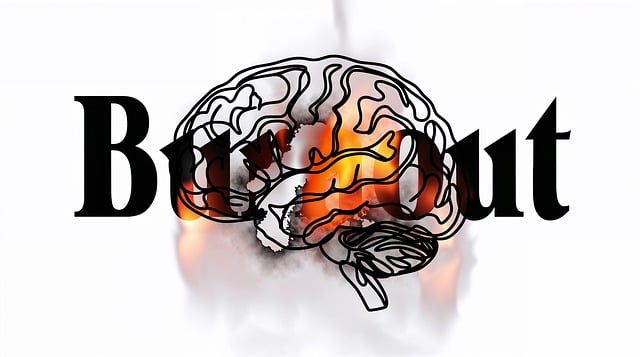Broomfield offers a specialized crisis intervention service with a structured approach. Starting with comprehensive Broomfield Mental Health Evaluations, therapists identify triggers and develop tailored strategies like Social Skills Training and Depression Prevention. This evidence-based method ensures targeted therapy, fostering resilience and recovery through safe, supportive care post-crisis. Key components include self-awareness exercises, cultural sensitivity, and resilience building techniques for unique individual needs.
In times of crisis, effective intervention can be a lifeline. This article explores crucial strategies for crisis intervention, focusing on the integral role it plays in mental health support. We delve into ‘Understanding Crisis Intervention’ as a foundational aspect, followed by an examination of Broomfield Mental Health Evaluations – assessing the crisis at its core. Furthermore, we uncover therapeutic approaches tailored for post-crisis care and recovery, emphasizing the importance of comprehensive treatment strategies that include Broomfield Mental Health Evaluations and therapy.
- Understanding Crisis Intervention: A Cornerstone of Mental Health Support
- Broomfield Mental Health Evaluations: Assessing the Crisis
- Therapy Approaches for Effective Post-Crisis Care and Recovery
Understanding Crisis Intervention: A Cornerstone of Mental Health Support

Crisis intervention is a vital cornerstone of mental health support, designed to provide immediate assistance and stabilize individuals facing severe emotional distress or impending crises. This crucial process involves a systematic approach to assessment, planning, and intervention aimed at preventing further deterioration and promoting recovery. Mental health professionals in Broomfield play a pivotal role here, employing evidence-based techniques tailored to each client’s unique needs.
A comprehensive crisis intervention strategy begins with thorough Broomfield Mental Health Evaluations, which help identify the underlying causes of the crisis. This evaluation may include risk assessments for suicide, self-harm, or violence, crucial for guiding appropriate interventions. By integrating Risk Assessment for Mental Health Professionals into their practice, therapists can deliver targeted support, whether it’s Social Skills Training to enhance coping mechanisms or proactive Depression Prevention strategies. These interventions not only address acute crises but also empower individuals with long-term tools to navigate challenging situations.
Broomfield Mental Health Evaluations: Assessing the Crisis

When a crisis presents itself, particularly in mental health contexts, Broomfield Mental Health Evaluations serve as a crucial tool for assessing the situation and determining the best course of action. This comprehensive evaluation process involves a detailed examination of an individual’s psychological state, including their thoughts, emotions, behaviors, and overall functional capacity. By employing evidence-based methods, mental health professionals can gain valuable insights into the crisis at hand, enabling them to offer tailored interventions.
Broomfield Mental Health Evaluations facilitate not only the identification of immediate risks but also provide a foundation for developing effective strategies such as empathy building techniques and risk management planning. These evaluations guide therapists in implementing Mind Over Matter principles, fostering resilience and empowering individuals to navigate challenging situations with greater composure. Through this structured approach, mental health professionals can ensure that their interventions are both safe and supportive, ultimately promoting positive outcomes for those in crisis.
Therapy Approaches for Effective Post-Crisis Care and Recovery

Post-crisis care and recovery are pivotal stages that require tailored therapy approaches to support individuals in their journey back to well-being. One effective method is Broomfield Mental Health Evaluations Therapy, which involves a comprehensive assessment and personalized treatment plan. This approach ensures that every individual’s unique needs are addressed, fostering a more profound and lasting impact on their mental health.
Self-Awareness Exercises play a crucial role in this process, enabling people to reflect on their experiences and emotions. By cultivating Cultural Sensitivity in Mental Healthcare Practice, therapists can create a safe and supportive environment, considering the diverse backgrounds of clients. Additionally, incorporating Resilience Building techniques helps individuals develop coping strategies, enhancing their ability to navigate future challenges with greater ease and strength.
In the realm of mental health support, crisis intervention strategies play a pivotal role in helping individuals navigate tumultuous times. By utilizing evidence-based approaches, such as those outlined in Broomfield Mental Health Evaluations and effective therapy techniques, we can foster recovery and resilience. Integrating these strategies ensures a comprehensive and nurturing environment, guiding folks towards healing and a renewed sense of well-being. Through careful assessment and tailored therapy, we can significantly enhance post-crisis care, making it a game-changer in the lives of those facing mental health challenges.


